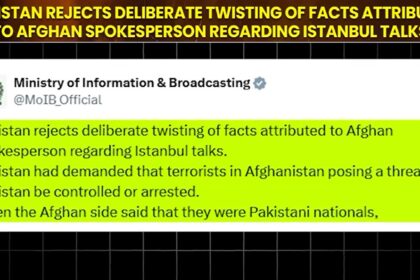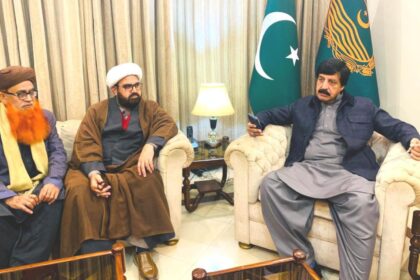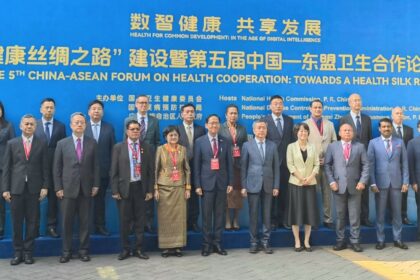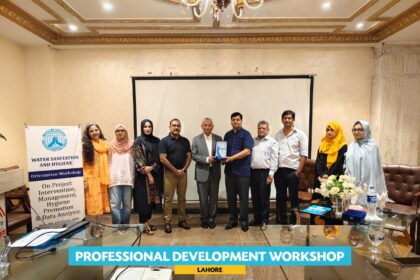In a recent lecture at the Institute of Policy Studies (IPS) in Islamabad, renowned social scientist and academic Dr Anis Ahmad called for a fundamental reevaluation of how history and civilization are understood. He argued that prevailing Eurocentric frameworks often ignore ethics and divine guidance, reducing human progress to material and fragmented terms. By contrast, the Islamic—specifically Qur’anic—perspective sees history as a moral journey shaped by universal values like justice, fairness, honesty, and social responsibility. The event, attended by a wide global audience of scholars, educators, and students, highlighted the urgent need to explore broader perspectives beyond Western paradigms.
Dr Mustafeez Ahmad Alvi, an expert in Islamic socio-political thought, opened the session by pointing out the limitations of current approaches, which largely stem from Eurocentric thinking. He suggested that such frameworks have dictated how contemporary societies analyze and respond to social and political challenges, but may fail to address the long-term needs and diverse realities of humanity.
In his keynote address, Dr Anis Ahmad provided a comprehensive overview of the evolution of Western historical thought, tracing its development from ancient Greek rationalism and medieval Christian theology, through the scientific materialism of the Renaissance and Enlightenment, to the relativism found in postmodernism. He observed that with each progression, the role of ethics and divine guidance in interpreting human history became increasingly marginalized. This, he contended, resulted in an understanding of civilization that compartmentalizes human life—dividing the secular from the sacred—and measures progress primarily by material standards.
Presenting the alternative view, Dr Ahmad explained that the Islamic perspective treats history not just as a sequence of material events or chronological changes, but as an ethical continuum. Islamic teachings, he said, regard history as an ongoing dialogue between past and present that offers essential lessons for shaping a just and balanced society. The rise and fall of nations, according to this view, depends not only on military or economic strength but fundamentally on adherence to universal moral principles.
Dr Ahmad went on to clarify the distinction between culture and civilization in this context. Culture, he explained, represents the ethical and moral foundation of human life, while civilization is the practical expression of these values in institutions, social systems, and economies. From this standpoint, Islamic civilization is not limited to any particular region or ethnic group but is a universal system grounded in fundamental values. He emphasized that concepts such as tawhid (the oneness of God), adl (justice), and akhlaq (moral conduct) are not exclusive to Muslims; these are universal principles that, if embraced by any society, can foster sustainable growth and human dignity.
The lecture also tackled contemporary challenges, including the crisis of education, the risks of historical distortion, and the moral gaps in politics and economics. Dr Ahmad stressed that Muslims must move beyond ritualistic practices or literal interpretations and reclaim Islam’s holistic approach—which connects faith with reason, morality, and social accountability.
In response to a question about whether the Islamic perspective on history is more theological than scientific, Dr Ahmad clarified that the Qur’anic approach is grounded in ethics and observable human behavior, making it both rational and testable. He emphasized, “Islamic history is not the history of miracles or myths, but of human choices, responsibilities, and consequences.”
The session concluded with a call for scholars and societies worldwide to reconsider how history and civilization are approached, advocating for frameworks that emphasize universal ethical standards and integrate spiritual as well as rational insights for the betterment of humanity.











